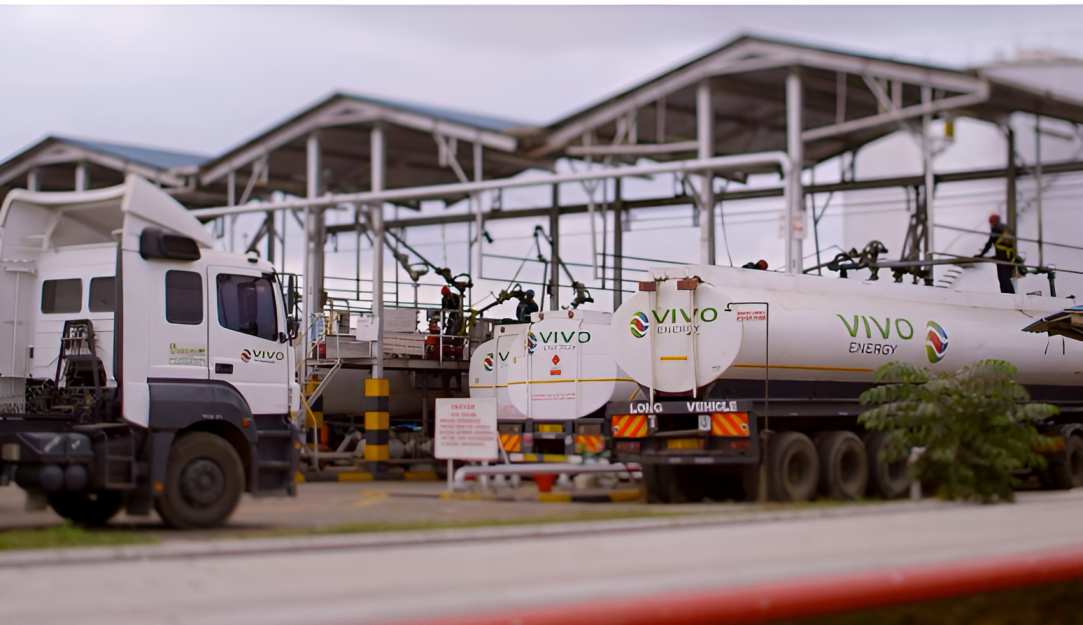Vivo Energy records consecutive revenue declines in Kenya

Competitors such as Rubis and local fuel stations gained ground, expanding their market shares to 15.96% and 14.98% respectively.
Vivo Energy experienced a second straight year of declining revenues in Kenya despite an increase in fuel consumption.
The firm, which runs Shell-branded fuel and lubricant outlets nationwide, announced earnings of $1.47 billion (approximately Sh190.3 billion) for the year ending December 2024.
This represents a $84 million (Sh10.8 billion) drop from the $1.55 billion (Sh243.8 billion) recorded in 2023.
The decline started in 2023 after a stronger showing of $1.79 billion (Sh220.8 billion) in 2022, reflecting ongoing challenges for the oil company amid a shifting market environment.
Even though national fuel consumption rose by 7.3% in the latter half of 2024, hitting 2.9 billion litres compared to 2.71 billion litres the previous year, Vivo Energy’s market share declined from 22.07% to 21.34%.
Competitors such as Rubis and local fuel stations gained ground, expanding their market shares to 15.96% and 14.98% respectively.
The company attributed the revenue decline to several factors, including fluctuating fuel prices, improvements in engine efficiency, and a gradual move by commercial clients toward alternative energy sources.
In its financial report, Vivo Energy noted, "Policies and technological advances leading to higher adoption of electric vehicles, hybrids, alternative fuels, and better fuel efficiency are changing demand patterns."
Globally, the transport and energy industries are embracing a clean energy transition, and Kenya is beginning to see this trend as electric and gas-powered vehicles gradually make their way into the market.
Vivo Energy’s revenue decline in Kenya occurred despite a stronger Kenyan shilling in 2024, which contrasted with 2023 when currency depreciation increased costs for oil companies reliant on foreign exchange.
Kenya remains a key market for the company, ranking third in Africa after Morocco and South Africa, contributing 8.9% to Vivo Energy’s total group revenue of $16.47 billion in 2024—up 49% from $11.01 billion in 2023.
Notably, Kenya was the only one of Vivo Energy’s 28 African markets to experience a drop in revenue.
By the end of 2024, Vivo Energy operated approximately 4,000 retail fuel stations across Africa, steadily expanding despite the sector’s ongoing transformation.
A content creator tested fuels at seven stations and found that some premium fuels performed worse than standard ones.
In response, Vivo Energy Kenya stressed that all their fuel imports comply with strict regulatory and quality standards before reaching petrol stations.
The company noted that their fuels come in two Research Octane Number (RON) categories: Unleaded (RON 93) and Shell V-Power (RON 95), with shipments certified at the source and subjected to additional testing upon arrival.
Nonetheless, Vivo Energy acknowledged the concerns and announced it will conduct an independent investigation, including lab tests, to verify the claims.
